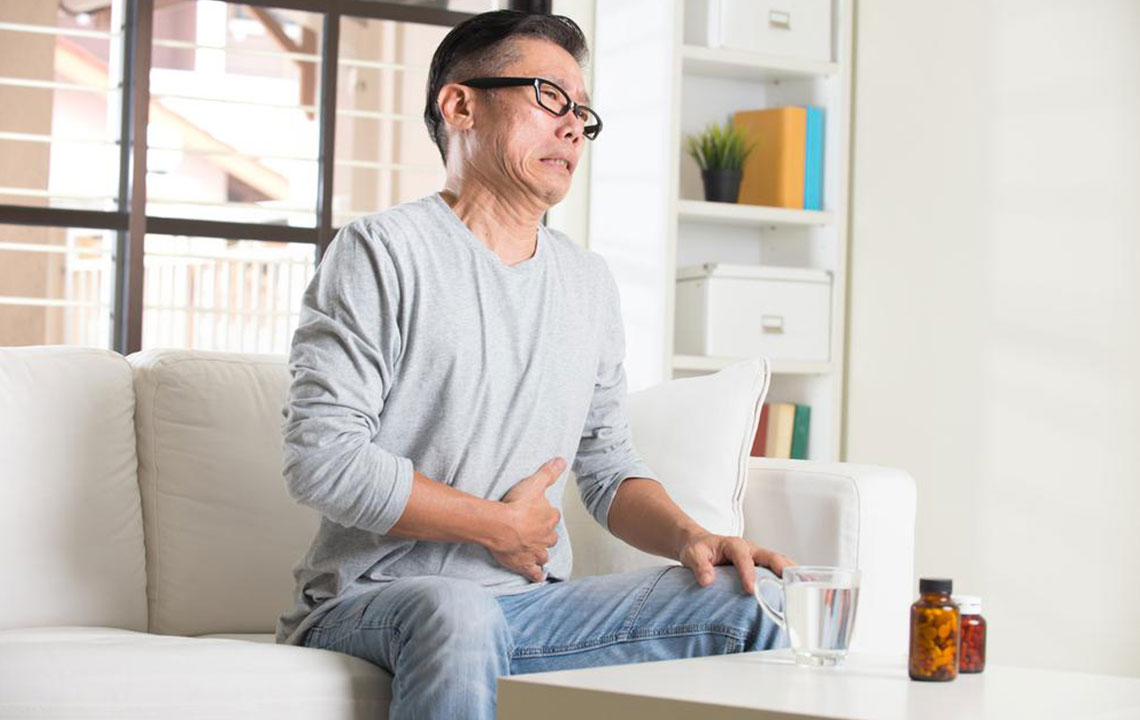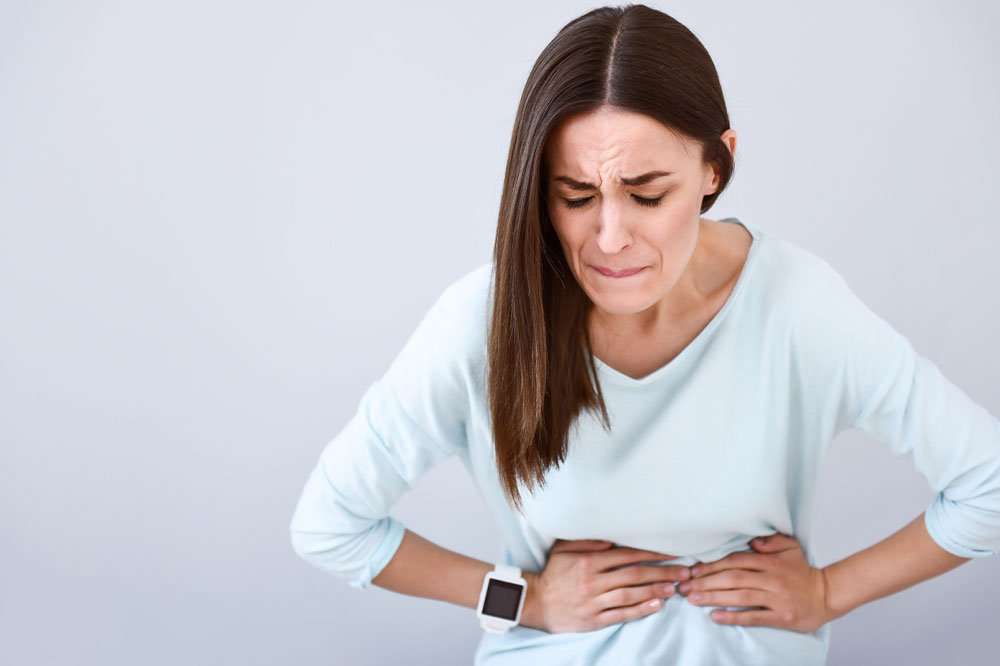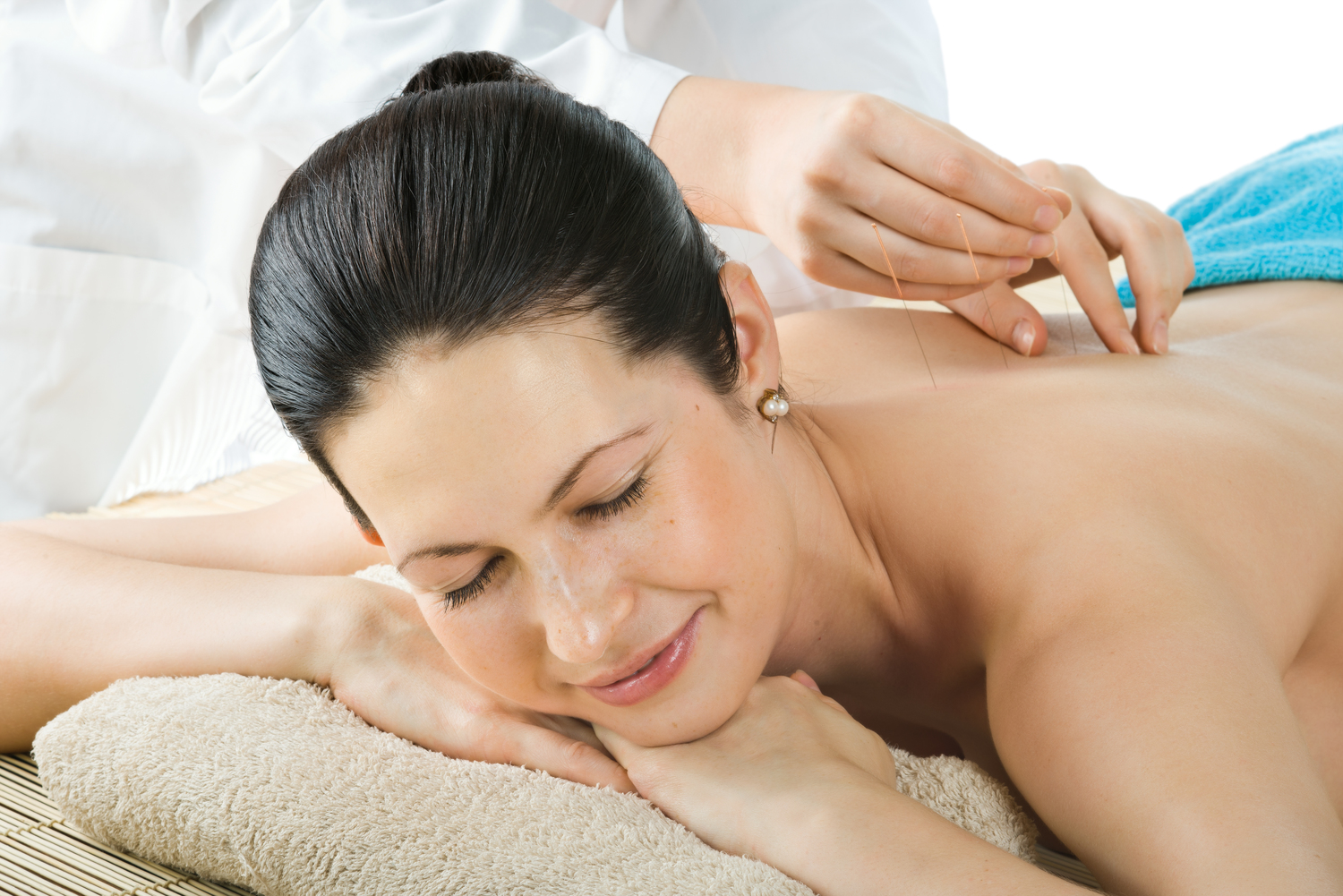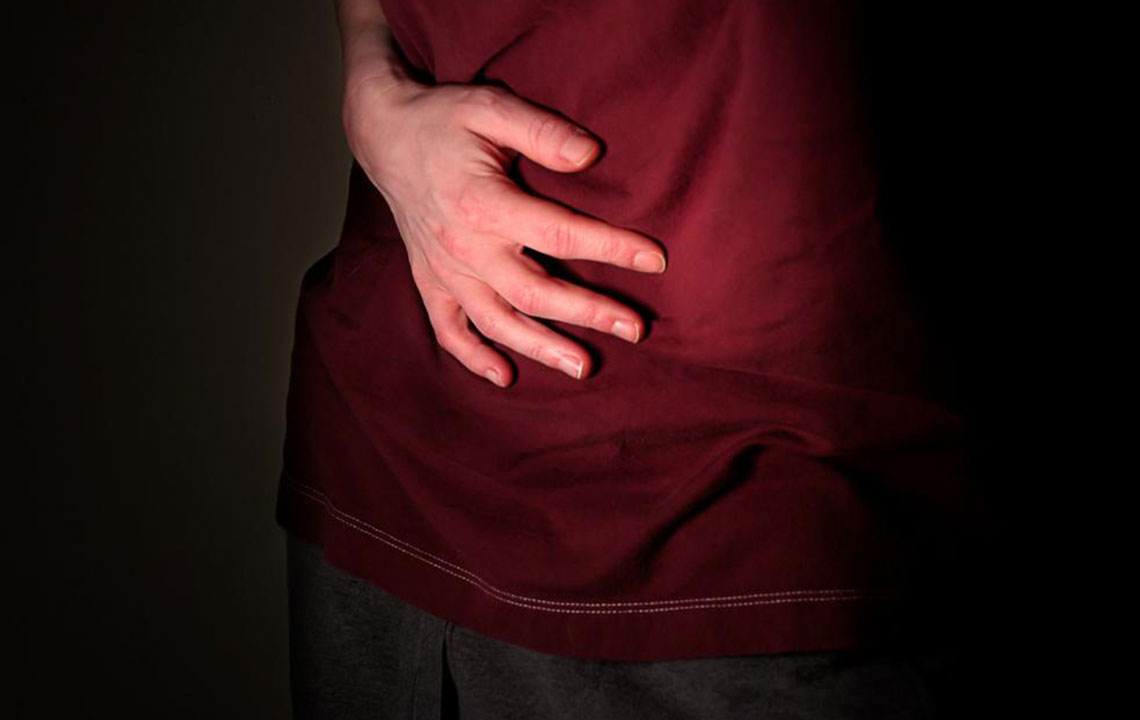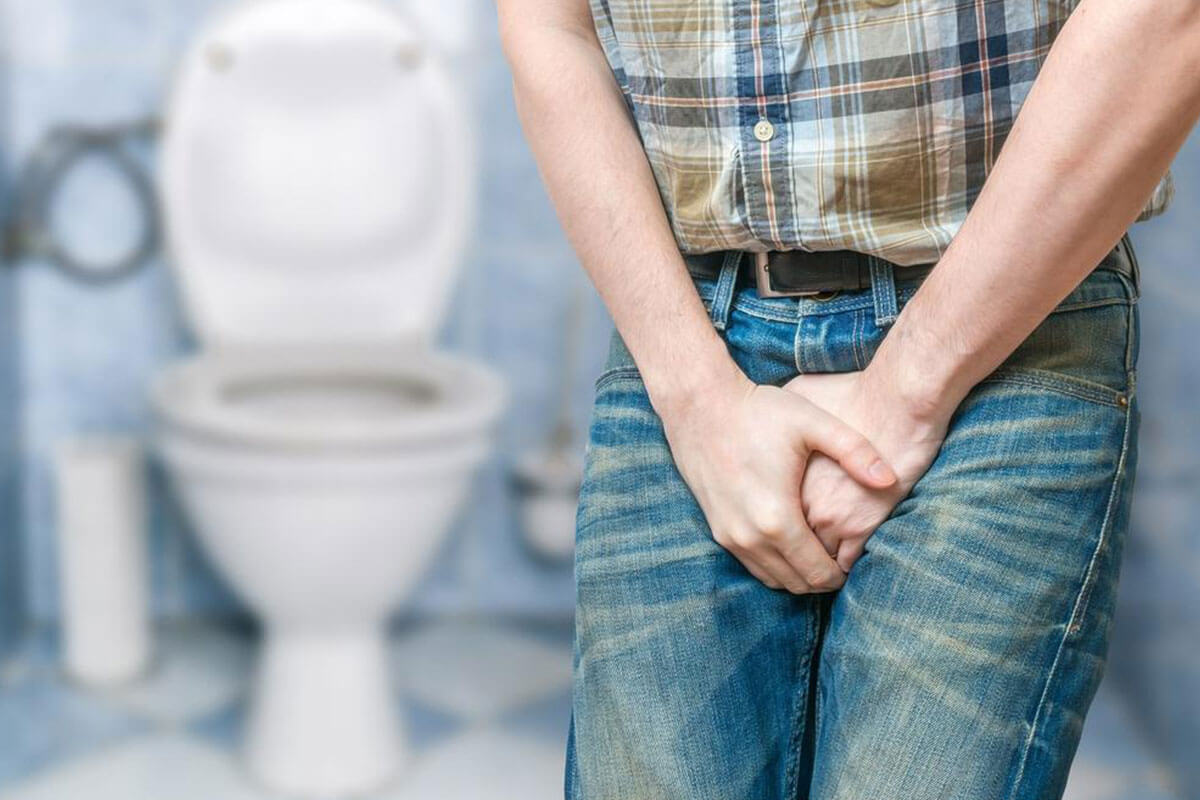Causes of Overactive Bladder
Overactive bladder (OAB) is an involuntary contracting of the muscles in the pelvic region. This creates an urge to urinate even when the bladder isn’t actually full. This urge can happen frequently, even within a small period of time. Symptoms of an overactive bladder are usually having an urgent need to urinate, waking up at night to urinate, or losing control of your bladder.
Although the exact cause of an overactive bladder isn’t always clear, possible factors include:

1. Weak pelvic muscles
If the pelvic floor muscles are not strong enough to fully empty the bladder, this can cause an overactive bladder. Weak pelvic muscles lead to urine that remains in the bladder for a longer period of time, especially at night when you’re lying down. As this happens, it contributes to the development of OAB, making the symptoms worse.
2. Nerve damage
Nerves send messages to your brain about what’s happening in the bladder and control the muscles that allow you to pass urine, so if these are damaged it can lead to OAB. Nerve issues can be caused by conditions such as diabetes, multiple sclerosis (MS), stroke, and spinal injuries.
3. Estrogen deficiency after menopause
Menopause causes a significant drop in the amount of estrogen that the ovaries produce, and estrogen is important for helping keep your bladder muscles relaxed. In menopause, these muscles can become overactive, leading to issues like urinary tract infections and OAB.
4. Too much alcohol and caffeine
Alcohol and caffeine are diuretics, which means they make you produce more urine. If you frequently drink too much of either it can irritate your bladder and damage the lining of your bladder. For example, it isn’t advisable to consume several coffees a day or regularly drink alcohol until the early hours of the morning. Over time, this will make it harder for urine to flow out of your bladder, which can lead to symptoms that are often associated with OAB.
5. Excess weight
Researchers have speculated that rapid or excess weight gain might cause pressure to be put on the bladder, making it difficult to control bladder movements. This may mean you need to use the washroom more frequently. Weight gain may also make symptoms worse for those who already deal with an overactive bladder.
6. Chronic UTIs
A UTI is an infection in the urinary tract, including the kidneys and ureters. It causes an inflamed bladder and may result in OAB. Antibiotics can be used to treat a UTI, but if they are not successful, a UTI can lead to an overactive bladder. Over time, frequent UTIs may also cause other pelvic floor problems because the irritation can damage nerves that carry messages about bladder function to your brain.
In conclusion, there are many factors that can lead to an overactive bladder. Weak pelvic muscles, nerve damage, estrogen deficiency, too much alcohol or caffeine, excess weight gain and chronic UTIs are the most common causes. If you are experiencing symptoms of an overactive bladder, see a doctor to help find a solution.
